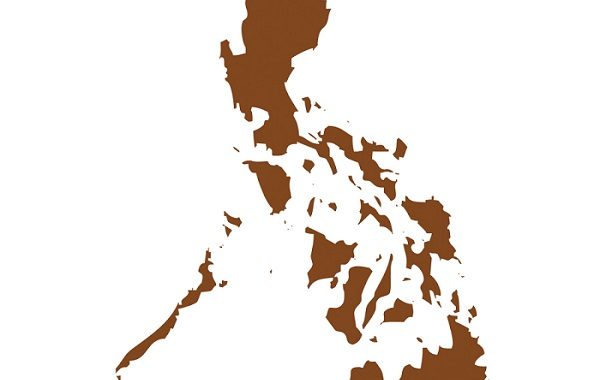
“For the foreseeable future, our path lies in becoming a niche producer of quality coffees for export and domestic consumption rather than a large volume grower.” (Guillermo Luz)
WHAT IS THE OUTLOOK ON PHILIPPINE COFFEE FROM A LOCAL, REGIONAL, AND GLOBAL PERSPECTIVE?
“The Philippines was once a major producer of coffee. We are one of the few countries that can produce the four main types of beans—Robusta, Excelsa, Arabica, and Liberica or Barako. For the foreseeable future, our path lies in quality coffees for export and domestic consumption rather than a large volume grower.”
HOW HAS THIS EVOLVED OVER THE YEARS?
“The biggest change in the last 20 years is that coffee consumption has grown tremendously. Today, we consume about three to four times as much as we produce. Demand has far outpaced the supply. Thus, the country has had to import lots more coffee. The tragedy is that our coffee-drinking habits are making farmers in other countries rich. If we produced more coffee, I’m convinced those beans would sell here because the Philippines has quality coffee.”
HOW CAN PHILIPPINE SPECIALTY COFFEE BE MORE COMPETITIVE IN THE GLOBAL COFFEE SCENE?
“For specialty coffee to become competitive, I believe we will need to organize the growers so we can build up larger pools of supply and build up quality. With larger inventories, we will become a more reliable supplier to international markets. The consolidated inventory will enable us to effectively and confidently engage in strong marketing efforts because we know we will have the supply and quality by consolidating growers into cooperatives or network of growers. They have also been able to consolidate their marketing efforts so that a brand and reputation has developed around certain countries like Brazil, Colombia, Costa Rica, and others.”
WHAT IS NEEDED FOR THE PHILIPPINES TO BE GLOBALLY COMPETITIVE IN THE SPECIALTY COFFEE ARENA?
“Once we consolidate growers, we should be able to train them to increase and improve the quality of their yields. The larger volumes will introduce economies of scale for processing and other post-harvest activities. PCBI is studying how to consolidate growers so we can gather together larger supplies of quality beans for export market. Once we expand the overseas market for quality coffee beans from the Philippines, we will need to focus on building seedling nurseries. We expect that more people will want to become growers or present growers who will want to expand their existing farms.”
WHERE DO YOU FORESEE PHILIPPINE SPECIALTY COFFEE GOING?
“I am pretty confident that the future for specialty coffee is bright. The local consumption is quite strong and continues to grow while foreign markets are just beginning to discover Philippine coffee. And don’t forget—we have many Filipino living abroad. I’d like to think many of them would be proud to drink and serve Philippine coffee.”
Guillermo Luz is a founding trustee of the PCBI. He is responsible for gathering the coffee stakeholders back in 2002 to what is now a 15-year-old authority in coffee. Bill is also in the National Competitiveness Council and an active member of business organizations. He is an avid coffee drinker and has also tried to plant coffee.
